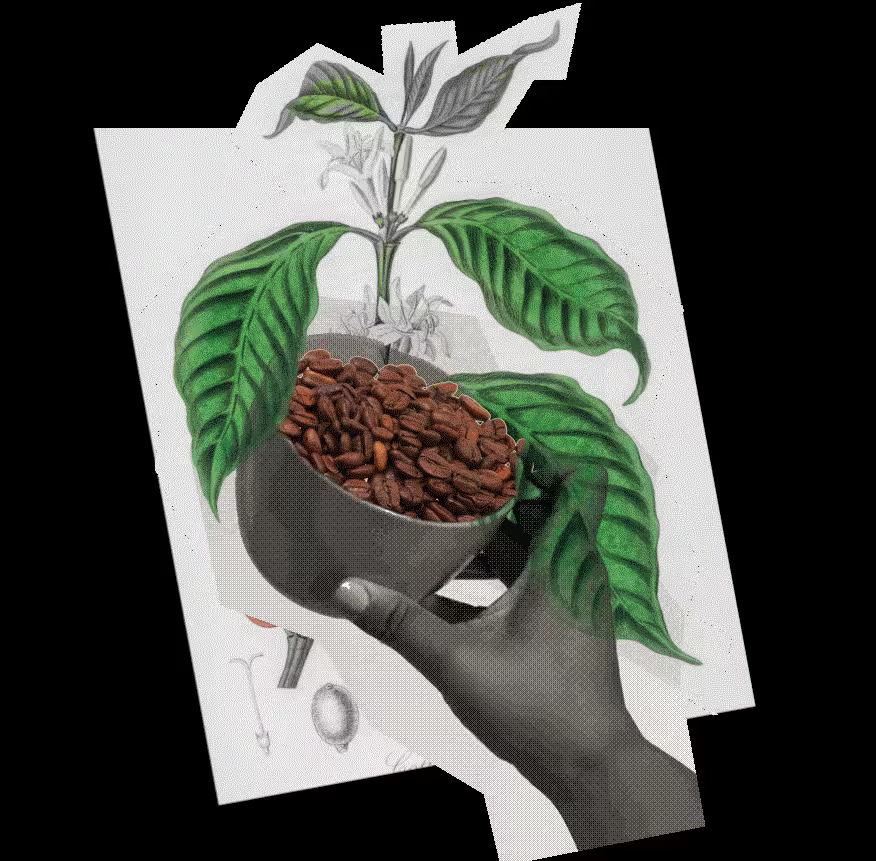A COFFEE-LOVER’S GUIDE TO GREENER BEANS
A case study by Shannon Colin
May 24, 2024
Did you know that coffee is worse for the environment than bacon? If you’re a coffee lover, there are a few simple things you can do to make sure that your morning fix isn’t sipped at the serious detriment of the earth and the people who brought it to you.
Be mindful of your choices
Recognize the impact of coffee choices on the environment and on humans. Appreciate and savor your coffee. It takes a lot of effort from the Earth, the farmers, the roasters, and many other stakeholders in the coffee value chain to make one single cup of coffee. Americans are used to a $5 cup of coffee, but the cost is actually much greater than that: a single cup of coffee requires intensive resources. Make sure it’s worth it. Cherish your cup of coffee like you would a fine wine or a glass of Scotch.
Look for shade-grown Coffee
Growing coffee in the shade among other plants without the heavy use of agrochemicals can help foster an environment with less biodiversity loss, where coffee can serve as a carbon sink, instead of a carbon emitter. Read coffee labels to understand the growing region and methods. If you can’t source where the coffee came from, it might be better to skip it or find another drink.
Support sustainable practices
Choose brands prioritizing sustainability. Equator and Counter Culture Coffee are two fantastic examples in California. You can find similar brands nationally and internationally that have similar environmentally-friendly methods. Look for coffee companies that publish Transparency reports on their websites. Here’s Equator’s impact report. Here’s Counter Culture Coffee’s impact report. Reduce and avoid single pods, buy coffee in bulk, and use a reusable mug instead of single-use cups.
Look for certifications - but look beyond them too
Using Equator as an example, they have a mix of coffee: 50% is certified organic and 50% is not certified. Certifications like Regenerative Organic Certified, Fair Trade, and Rainforest Alliance certainly draw a line in the sand and provide traceability, but they’re complicated. Certifications don’t always help coffee farms make more money. Since many coffee farmers are living at or below the poverty line, it doesn’t always make sense for them to invest the funds to get the certification, even though they often live and work in the same place, and their farm is organic without the use of pesticides, insecticides, and fungicides. On the flipside, there’s a lot of opacity in supply chains, especially when it comes to human rights abuses. Your best bet is to simply ask the barista about their bean sourcing or review the coffee website for information. If they don’t know the answer, it might be best to move on to someone who does.
Advocate for change
Vote with your dollars. Encourage local businesses and policymakers to adopt sustainable practices, like compost programs, air quality regulations, coffee roasters that emit less natural gas during the roasting process, and organic agroforestry methods. If they don’t, find someone who does.
ENJOY and cheers!






